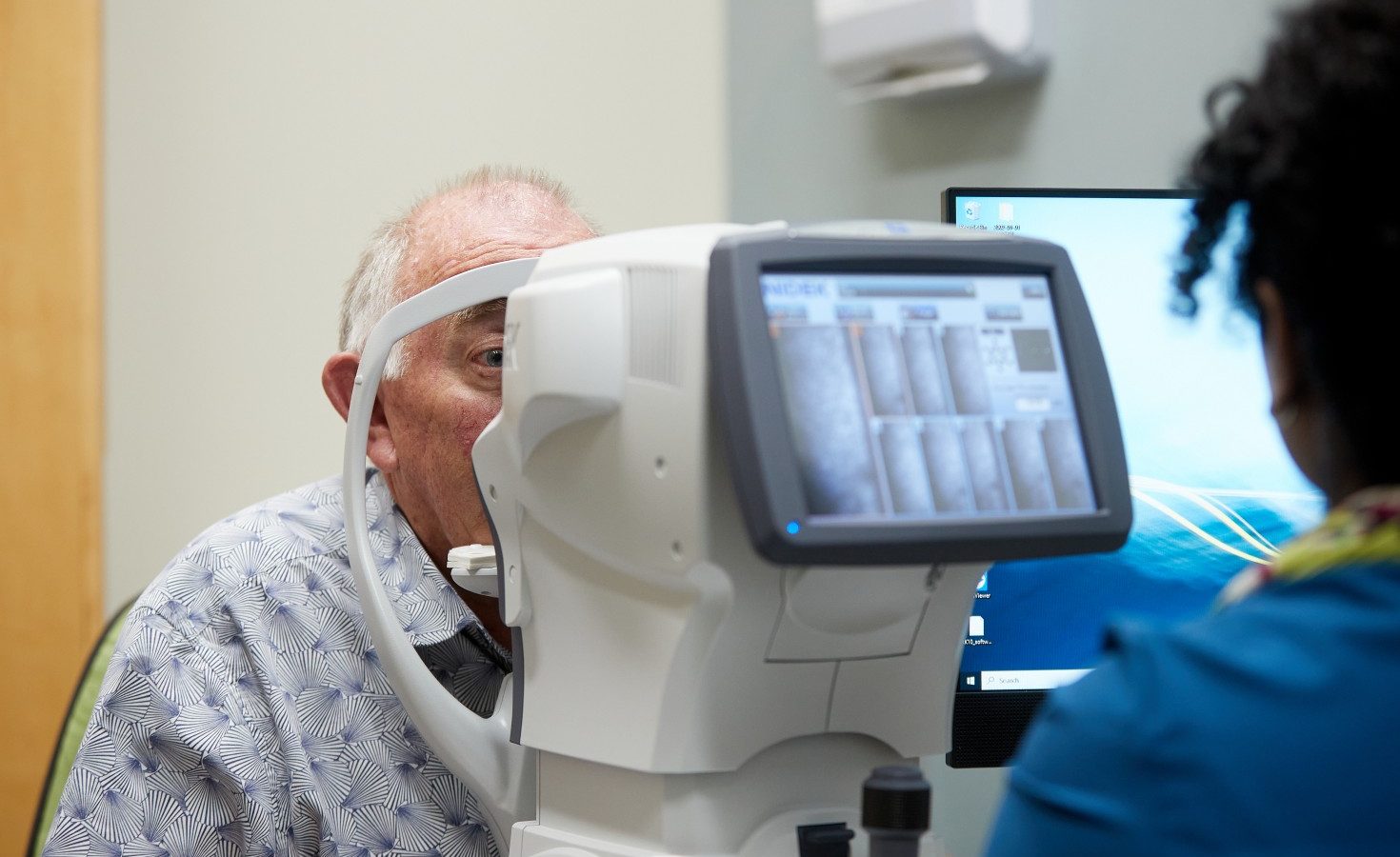Modern cataract surgery is very safe and effective. Advances in technology mean that modern surgery is less traumatic to the eye. The results are more predictable, there are few side effects and the eye usually recovers quickly. Modern cataract surgery is done when people find their failing eyesight does not let them do their day to day activities. When a cataract is not fully formed, it may be possible to improve your eyesight with glasses. Your ophthalmologist or optometrist will advise you if glasses are suitable. When the cataract grows too dense, glasses will not be effective and cataract surgery is necessary. Other eye conditions, for example glaucoma, age-related macular degeneration, injury and previous eye operations can also affect your eyesight. Your ophthalmologist will examine your eye and advise you on the possible effects of other eye disease on the cataract surgery. In some cases eye conditions can affect the timing of surgery e.g. it may be better to delay surgery if cataract is not the only cause of vision loss.
Hamilton Eye Clinicophthalmologists undertake cataract surgery in our adjoining day surgery facility – Bridgewater Day Surgery.
At your first consultation
At the consultation with your ophthalmologist, your operation can be booked within a few weeks. You will be given a questionnaire on your medications, general health and drug allergies to complete. Your ophthalmologist will discuss what focus you want after surgery. For example it may be possible to have your eyesight sharp for distant objects (sharp driving vision without glasses) or for near objects (sharp vision for reading without glasses). It may also be possible to have astigmatism corrected. A laser or ultrasound machine is used to measure your eye. This gives data on the shape of the eye. From these figures, your ophthalmologist will choose an appropriate lens implant to be used in your operation. Your ophthalmologist’s staff will advise you either in person or by phone of the exact time & date of your operation. You feel very nervous or anxious about the surgery, tell your ophthalmologist. The different choices for anaesthetic will be discussed with you. In almost all cases, it is recommended that surgery be performed on only one eye at a time.
On the day of your operation
You will be asked to report to Bridgewater Day Surgery one hour before the scheduled operation time. Drops will be put into the eye to dilate the pupil. Local anaesthetic is used to numb the eye. The local anaesthetic is given as drops, gel or an injection. When an injection is used, your surgeon or anaesthetist will administer it. The injection is given via a blunt needle into a tiny cut in the membrane that lies over the white of the eye. In the operating theatre you will be awake under a translucent sheet. An instrument holds your eye open so you do not have to worry about blinking. The operation takes about 30 minutes. The staff will tell you how to let them know if you are uncomfortable or sore during the operation. After the operation you may have a pad on your eye overnight. Your surgeon will arrange a follow up appointment for you. More detailed instructions will be given to you after your operation.
All surgery, no matter how technologically advanced, carries risk. Minor complications can lead to extra appointments or medications after the operation. In some cases, extra operations are needed. Complications can delay the recovery of your eyesight after surgery. Minor complications usually do not cause loss of eyesight. Serious complications such as infection and bleeding in the eye can cause loss of eyesight. Fortunately, serious complications are rare. Your surgeon will discuss with you the potential benefits versus the potential risks of cataract surgery.
Surgical Technique
- The cataract is broken up with an ultrasound probe.
- An acrylic replacement lens is injected into the space where the cataract used to be.
- The artificial lens replaces the cataract and restores good vision.
The ophthalmologists at Hamilton Eye Clinic and Bridgewater Day Surgery use the latest and most sophisticated techniques and equipment to ensure the best results for your cataract surgery.

